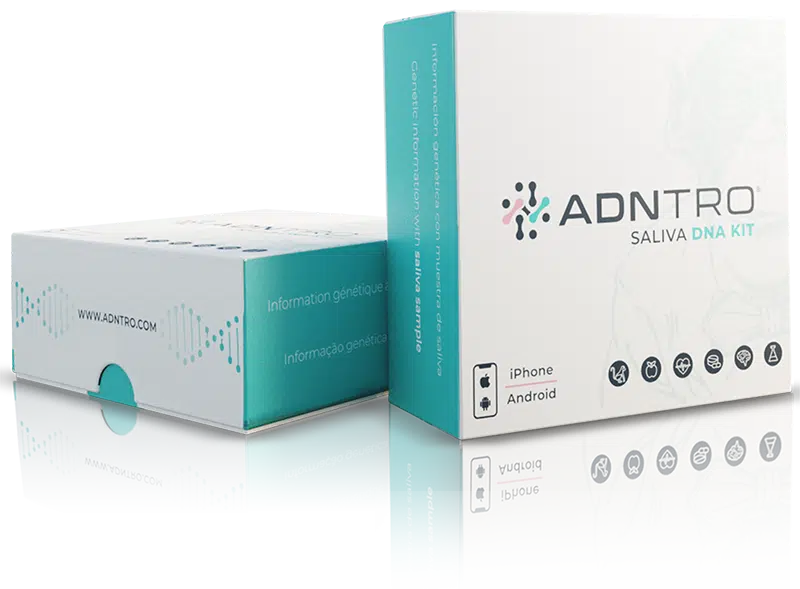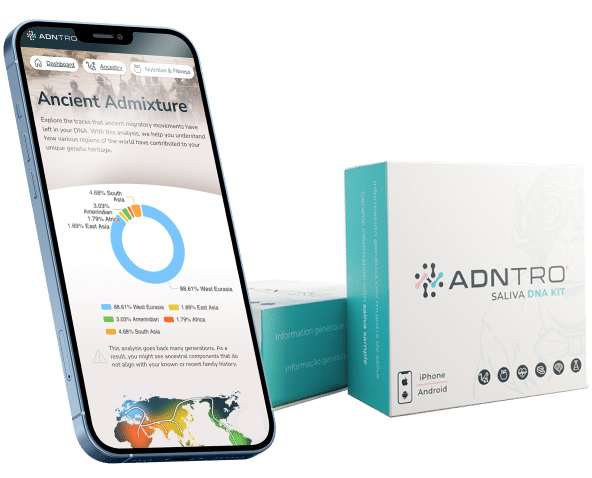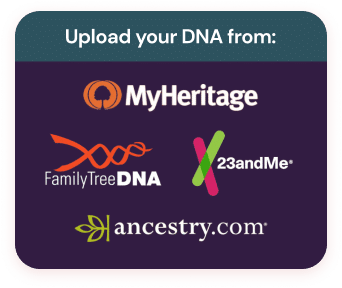The genomic medicine is the discipline that study the changes in our DNA and its association with the susceptibility to develop diseases, infections, congenital malformations, etc. Within this broad field of genomic medicine disciplines, the pharmacogenetics (PGx) is the branch that handles study the changes in our DNA and associate them with the response between individuals to different drugs that we take.
We know that the answer to medications is not the same for all people, so it is done necessary to personalize treatments based on genetic biomarkers that each of us present. We know, for example, that not everyone responds in the same way to treatment with some oral anticoagulants, such as acenocoumarol, in which two genes are already known whose variants are associated with the differential response to this drug, the genes CYP2C9 and CYP4F2.
THE IMPORTANCE OF PHARMACOGENETICS
This can be of paramount importance, since, in some cases, not only is there a lack of response to the drug, but also may produce an adverse reaction, a intolerance to certain drugs , which can be even more harmful than the reason for which the drug is prescribed. In fact, the variability of response to a certain drug between two individuals may be conditioned up to 80% by genomic variants. That is why they are joining the clinical routine, the realization of this type of tests, prior to administration and prescription of any of these drugs with PGx biomarker.
⇨Don't miss the benefits of genetic testing to know your specific case.
THE MEDICINES AND YOUR GENES. BIOMARKERS FOR PERSONALIZED TREATMENT OR PRECISION MEDICINE
According to data from the American drug agency or FDA (“Food and Drug Administration”) Currently exist more than 200 medications, for which a genetic biomarker (Figure 1).

As we can see, since 2010, practically the number of FDA-approved drugs that associate a pharmacogenetic biomarker has tripled, which represents an increase from 10% to almost 30% of all the new drugs described.
Of all of them, the main area of action of these drugs is the therapy against cancer with approximately 75% of all drugs with pharmacogenetic indication (Figure 2). In fact, ADNTRO's pharmacogenetics platform already incorporates some drugs, as in the case of 5-Fluorouracil, a drug that is prescribed in cancer patients, and that we know that, based on your genetic markers, especially in the gene DPYD, this will be associated with the need to adjust the dose for each patient besides having a preventive effect regarding toxicity that this drug can generate.
In addition, there are some genes that, due to their function, will have a greater number of associated drugs, as is the case of the gene CYP2D6, which encodes a protein of the P450 complex, through which a wide variety of drugs are metabolized.

This confirms the exponential growth of genomic information in terms of its association with pharmacological treatments and therapies and the importance of interindividual genetic differences that will affect how our body responds to a certain drug.
At ADNTRO, we have developed a new section on pharmacogenetics associated with medicines that have a very high level of evidence in relation to response biomarkersWe have already added several medications, come in and discover them by buying your DNA TEST or uploading your RAW DNA data!














